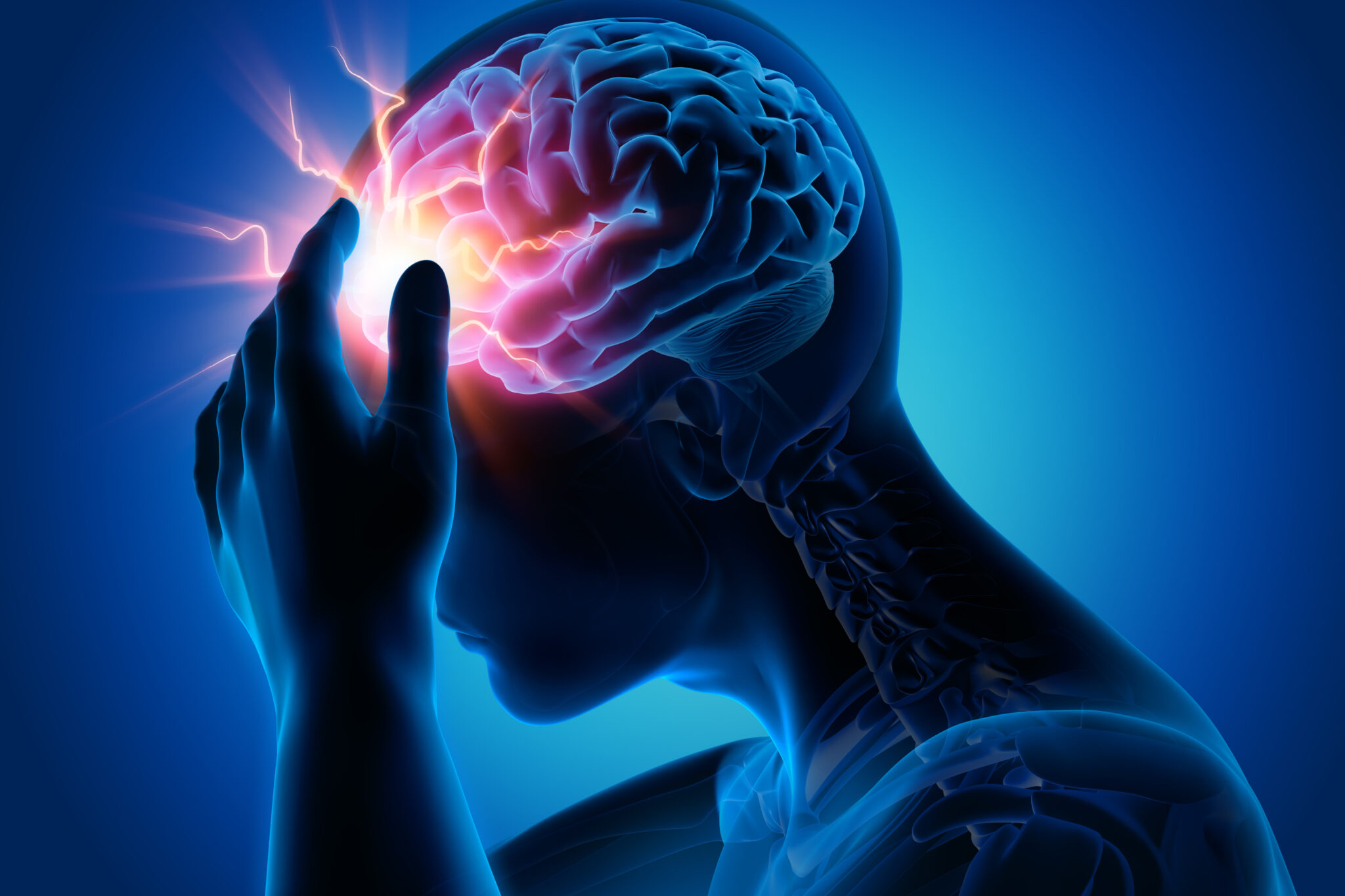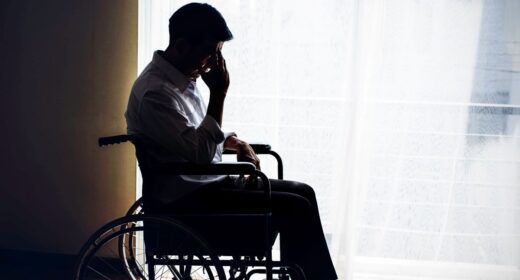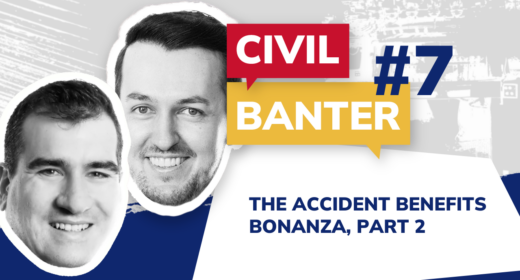Each year, many individuals face life-altering consequences from concussions and brain injuries.
Knowing the medical and legal aspects of these injuries is essential for effective management and recovery.
Concussions and Brain Injuries Defined
- Concussion: A type of traumatic brain injury (TBI) caused by a blow or jolt to the head, affecting brain function. Symptoms may not appear immediately.
- Brain Injury: Damage from external physical force, classified by severity (mild, moderate, severe) and type (closed or penetrating).
Common Causes of Concussions and Brain Injuries
- Sports Injuries: Contact (e.g., football, hockey) and non-contact sports (e.g., soccer).
- Vehicle Accidents: High-impact crashes, especially when safety gear is not used.
- Falls: Falls from heights on construction sites or slips, particularly among the elderly.
- Violence and Military Activities: Assaults or explosive blasts.
Prevention Tips
- Use helmets and safety gear.
- Ensure safe environments at workplaces and in recreational areas.
- Implement educational programs about brain injury prevention.
Identifying Symptoms of Concussions and Brain Injuries
- Immediate Symptoms: Confusion, feeling dazed, temporary loss of consciousness, headaches, and nausea.
- Delayed Symptoms: Memory issues, personality changes, sensitivity to light/noise, and sleep disturbances.
How Concussions and Brain Injuries Are Diagnosed
- Professional Assessments: Physical exams and imaging tests (e.g., MRI, CT scans) assess brain damage.
Effective Treatment and Management Strategies
- Immediate Care: Avoid activities that make symptoms worse like computer screens, slowly begin a gradual return to activities, and pain management.
- Long-Term Treatment: Physical therapy, cognitive rehabilitation, and medication as needed.
Legal Aspects of Brain Injuries in Ontario
If a brain injury results from another party’s negligence, legal action may provide compensation for medical expenses, lost wages, and pain and suffering. Consulting with a personal injury lawyer can help determine eligibility and build a strong case.
Key Takeaways on Concussions and Brain Injuries
Understanding the symptoms, treatment options, and legal avenues for concussions and brain injuries is essential. At Nelligan Law, we offer comprehensive legal support tailored to your needs.
Begin Your Recovery Journey With Nelligan Law
If you or someone you know is dealing with a concussion or brain injury, contact us today. Our experienced team will guide you through the recovery and legal processes to ensure you receive the compensation and care you deserve.




